Research team from Kabale University participates in the first MAPS conference
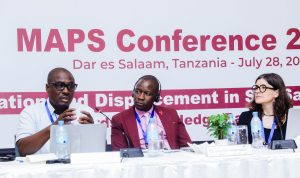 Kabale University is pleased to be a partner in the European Union’s co-funded project, Migration and Displacement Action Plan for Sub-Saharan Africa (MAPS). This three-year action research project aims to develop policy-oriented research on migration and displacement in the Sub-Saharan region. The first international conference of the MAPS project was held on July 28 in Dar es Salaam, Tanzania. This event was hosted by the University of Dodoma. This 10 million euro project is co-funded by the European Union. The project aims to promote policy-oriented research on migration and forced displacement in sub-Saharan Africa.
Kabale University is pleased to be a partner in the European Union’s co-funded project, Migration and Displacement Action Plan for Sub-Saharan Africa (MAPS). This three-year action research project aims to develop policy-oriented research on migration and displacement in the Sub-Saharan region. The first international conference of the MAPS project was held on July 28 in Dar es Salaam, Tanzania. This event was hosted by the University of Dodoma. This 10 million euro project is co-funded by the European Union. The project aims to promote policy-oriented research on migration and forced displacement in sub-Saharan Africa.
The MAPS Conference 2025 provided an interactive forum for scholars, policy makers, practitioners, and key stakeholders to exchange knowledge on the challenges related to migration and displacement across Sub-Saharan Africa. In addition to connecting African and European academics, the conference brought together international organizations, EU agencies and delegations, civil society organizations, private sector representatives, the media, diaspora communities, as well as national authorities actively involved in migration. The initiative also aims to promote human rights, gender equality, environmental sustainability, and vulnerable groups. These groups include women, children, minorities, and persons with disabilities.
As part of the activities of the conference, Godfrey Sempungu, who is also the leader of the Kabale University team, and Prof Natal Ayiga participated in expert roundtable discussions. The four thematic roundtables were held in order to promote research, debate, and dialogue on migration and forced displacement, and to examine the four pillars of the project. These included: People (gender, age, disability, vulnerability), Planet (climate change, disasters, natural hazards stressors, resilience), Peace (conflicts, borders, border policies, human rights), Prosperity (education, employment, health, housing, equality, socio-spatial inclusion). Prof. Natal provided the Key note address at the Prosperity roundtable and Sempungu was a panelist on the People round table.
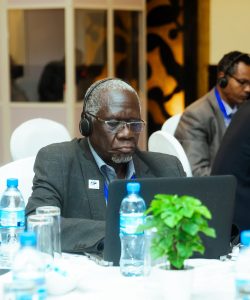 Delegates to the conference were also hosted at the residence of the Italian Ambassador in Dar-Es-Salaam, His Excellency Giuseppe Sean Coppola. A representative of Prof. Razack Bakari Lokina, Deputy Vice Chancellor, Academic, Research, and Consultancy at the University of Dodoma, was present. Maurizio Busatti, Head of IOM Mission in Tanzania; Anna Peter Makakala, Commissioner of the Tanzanian Interior Ministry; Director of UNESCO Future of Learning and Innovation Division, Sobhi Tawil; and Representative of the European Union Delegation to the Republic of Tanzania, Marc Stalmans attended the conference.
Delegates to the conference were also hosted at the residence of the Italian Ambassador in Dar-Es-Salaam, His Excellency Giuseppe Sean Coppola. A representative of Prof. Razack Bakari Lokina, Deputy Vice Chancellor, Academic, Research, and Consultancy at the University of Dodoma, was present. Maurizio Busatti, Head of IOM Mission in Tanzania; Anna Peter Makakala, Commissioner of the Tanzanian Interior Ministry; Director of UNESCO Future of Learning and Innovation Division, Sobhi Tawil; and Representative of the European Union Delegation to the Republic of Tanzania, Marc Stalmans attended the conference.
It is coordinated by the UNESCO Chair in Population, Migration and Development at Sapienza University of Rome, under the direction of Professor Cristina Giudici. The MAPS project involves six Italian universities (Udine, Ferrara, Brescia, Reggio Calabria, IUAV Venice, and Sapienza University of Rome), the University of Barcelona in Spain, and three East African universities: Kabale University (Uganda), Dodoma University (Tanzania), and Amref International University (Kenya). The IOM Regional Data Hub for Central and Western Africa, the Catholic University of Rwanda, the University of Eswatini, Mekelle University (Ethiopia), the University of Palermo, and the University of the Witwatersrand are also associated partners.
Other key Ugandan stakeholders who attended the conference included Mr Patrick Okello, the commissioner for refugee management in the office of the Prime Minister of Uganda, and Suzan Alupo, the manager of the refugee law project at Makerere University. According to the Uganda National Development Plan IV (NDPIV), Uganda is the leading host country for refugees in the African continent, and is ranked third in the world as a whole. It is intended that the MAPS project will not only contribute to a very critical area of knowledge, but also provide answers to very important policy questions.The MAPS project aims to address the challenges faced by refugees and host communities through research and policy development. By fostering collaboration between academic institutions and stakeholders, the initiative seeks to inform evidence-based policies that enhance refugee management and integration. This approach aligns with Uganda’s commitment to supporting refugees while advancing global knowledge on migration.
Discover more from Kabale University News
Subscribe to get the latest posts sent to your email.


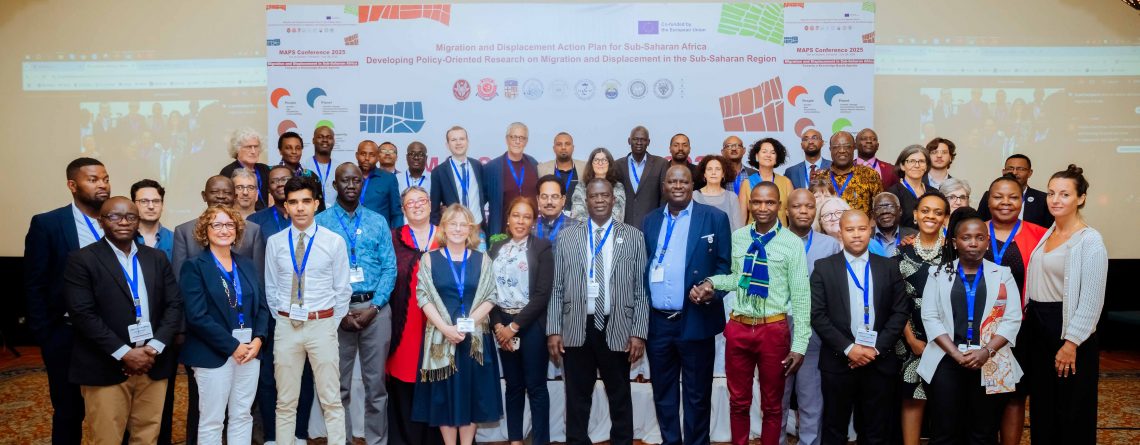
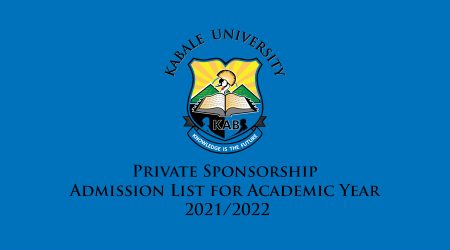

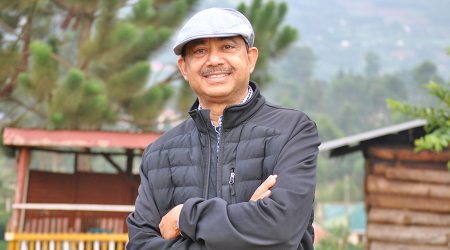

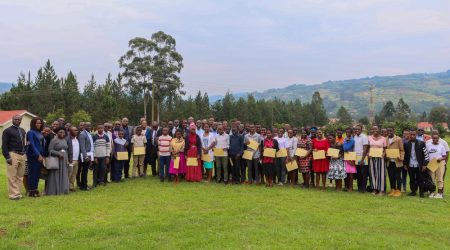
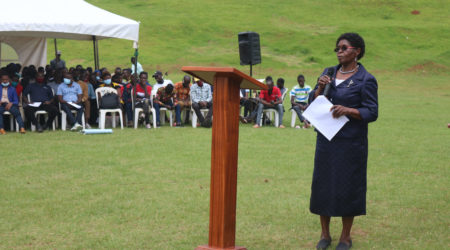

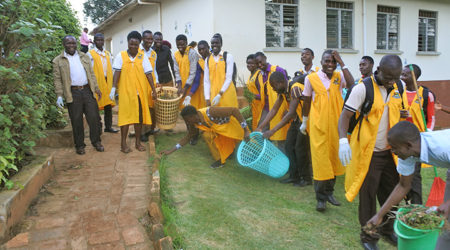
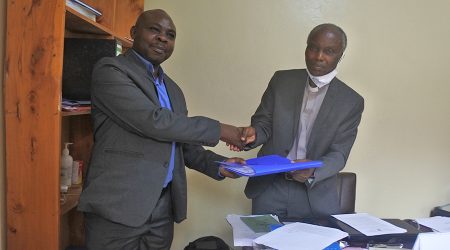

Leave a Reply